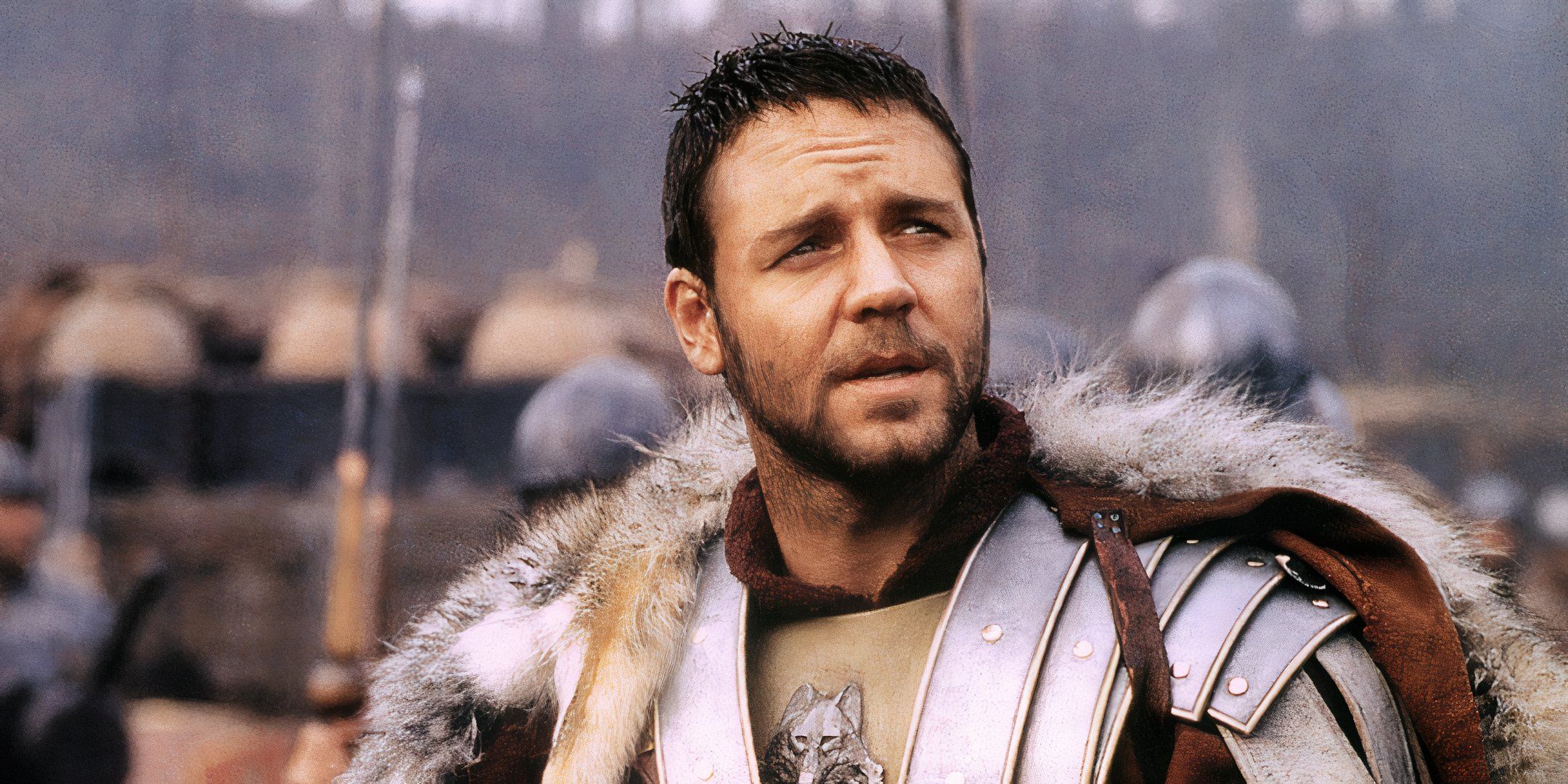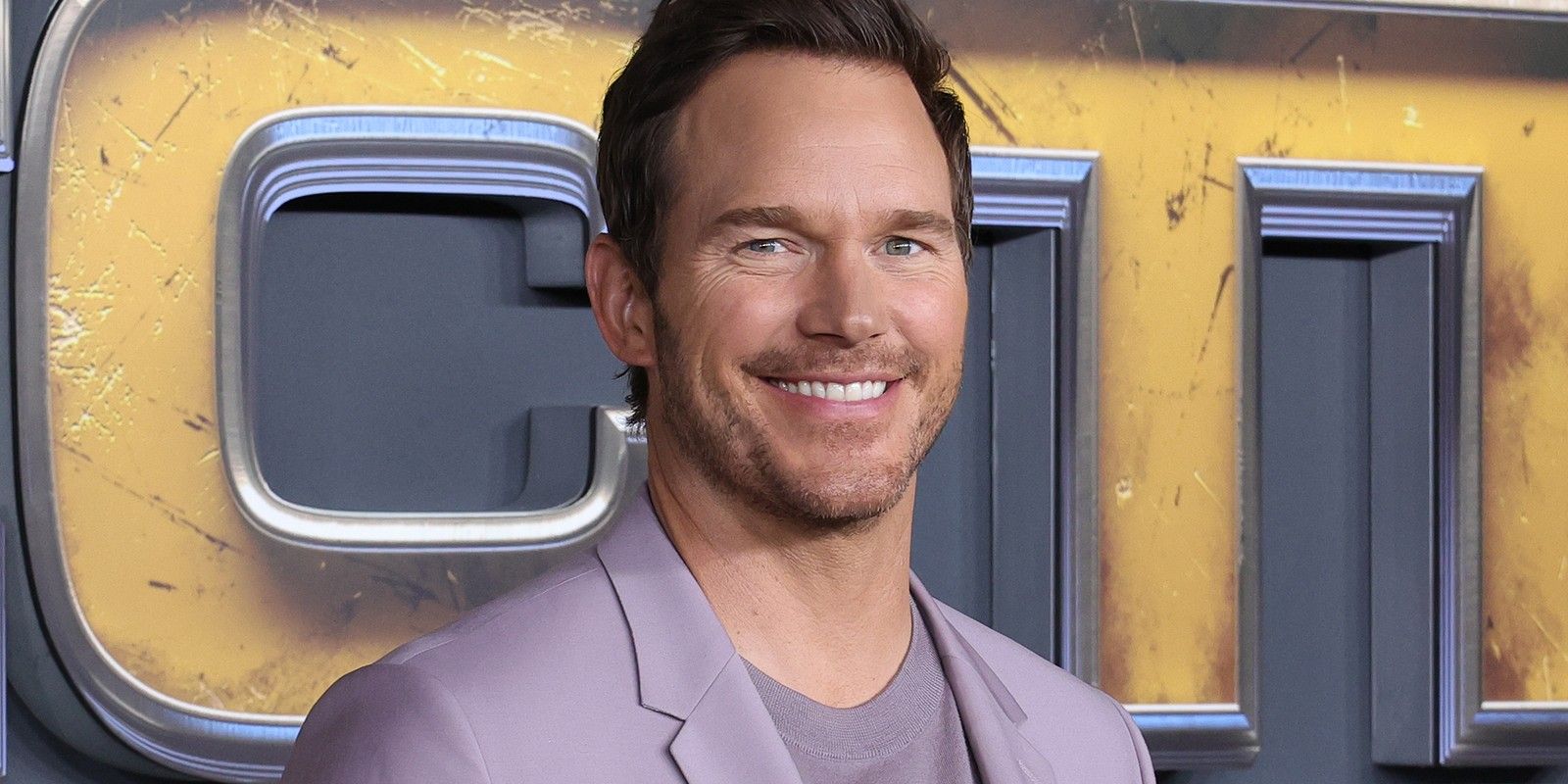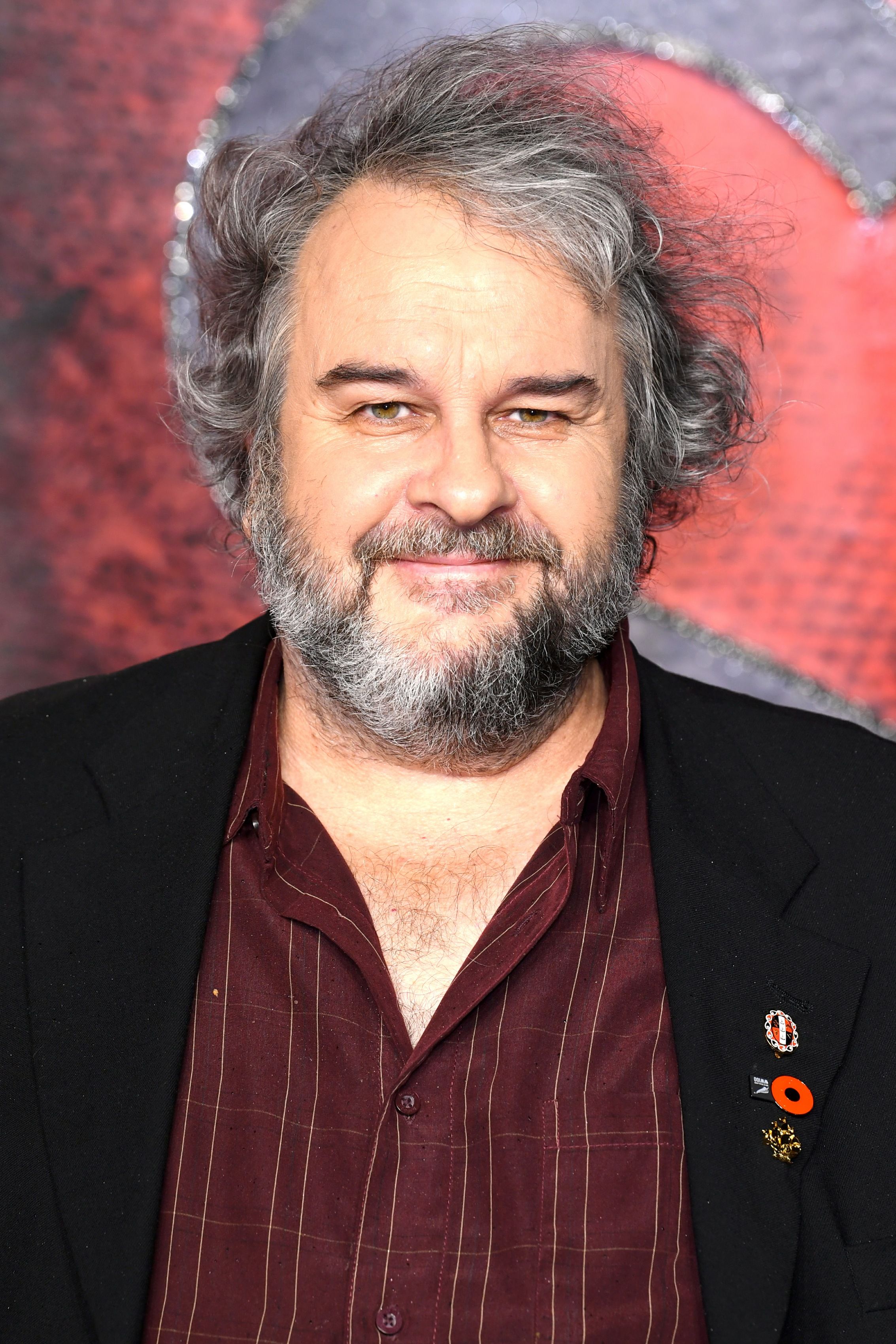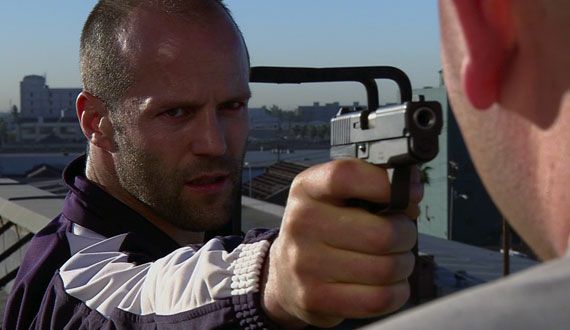Adrien Brody breaks his silence on The Brutalist‘s AI controversy. Directed by Brady Corbet, who co-wrote the script with his wife Mona Fastvold, the epic period drama stars Brody as László Tóth, a Hungarian-born Jewish architect, who, later joined by his wife Erzsébet (Felicity Jones), survives the Holocaust and immigrates to the United States, but struggles to achieve the American Dream. In addition to receiving a ton of critical acclaim and 10 Oscar nominations, The Brutalist has caused controversy for its minimal use of AI.
Now, in an interview with Vanity Fair, Brody is breaking his silence on the controversy surrounding The Brutalist‘s use of AI. Echoing Corbet’s comments, Brody clarifies that AI was used to refine the film’s Hungarian dialogue only. The Oscar-nominated actor emphasizes that AI was not used to replace human work, describing the post-production process as standard and praising director Corbet’s thoughtful approach. Read his full comments below:
I’m the son of Hungarians and grew up with that language spoken in my home. I actually even integrated, within the Hungarian dialogue, curse words that weren’t in the script. I’m happy that Brady managed to clarify a lot in his remarks. Obviously, his post-production process only touched some lines spoken in Hungarian. Nothing of the dialect was altered; that’s all done through a lot of hard work with our wonderful dialect coach, Tanera Marshall. We all worked incredibly hard on it, and we all know that.
Brady is a very sensitive, thoughtful filmmaker. There was no technology implemented that takes work from people. It’s quite a typical post-production process. I think we all know the truth.
What Adrien Brody’s Comments Mean For The Brutalist’s AI Controversy
Will They Finally Put It To Bed?
The Brutalist‘s AI controversy began back in January after the film’s editor Dávid Jancsó revealed during an interview that Respeecher, a speech synthesis software that uses AI, was used to refine the film’s Hungarian dialogue. The software recorded the actors’ voices and Jancsó, a native Hungarian speaker, further refined the dialogue by incorporating his own voice into the AI model. The technology was only used to tweak minor details in the dialogue, such as adjusting individual letters, which would only be noticeable to native Hungarian speakers.
After Jancsó and Corbet’s comments, Brody echoes a lot of the same points that they have made. First and foremost, AI was only used to refine the film’s Hungarian dialogue. Furthermore, the use of AI didn’t take work away from anyone. In fact, the film’s use of AI created jobs, as it was a meticulous, manual process carried out by the sound team during post-production. The last point that Brody makes is that cleaning up dialogue during post-production is a standard filmmaking practice.
Our Take On Adrien Brody’s Response To The Brutalist’s AI Controversy
The Actor Is Absolutely Right
Adrien Brody is absolutely right about The Brutalist‘s AI controversy. It’s a typical post-production process to clean up dialogue using Respeecher and the technology didn’t take work away from anyone. It’s frustrating to see The Brutalist‘s AI controversy spiral beyond what is reality, especially when it’s such a monumental movie. Whether the Academy recognizes this reality, or the so-called controversy hurts its Oscar chances, remains to be seen this March.
The Brutalist is showing in select theaters.
Source: Vanity Fair





